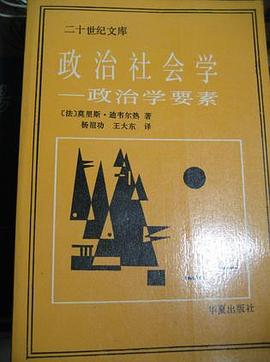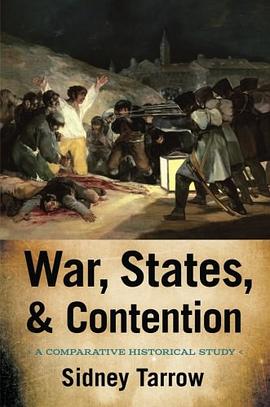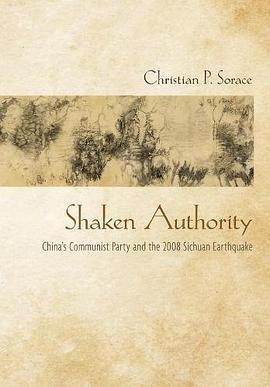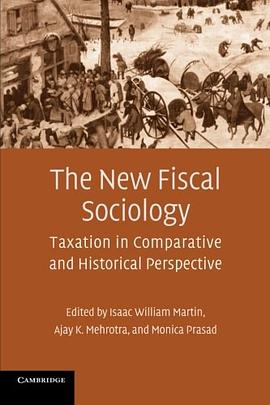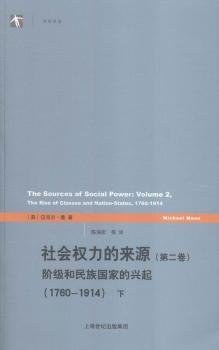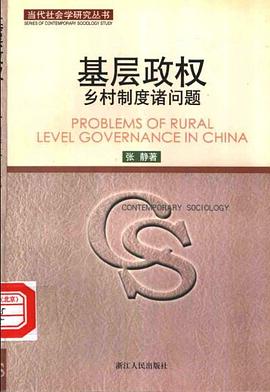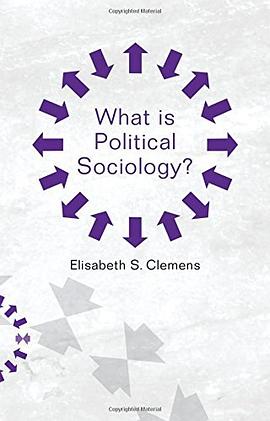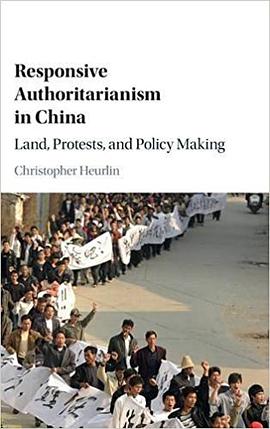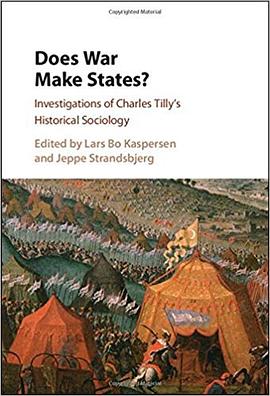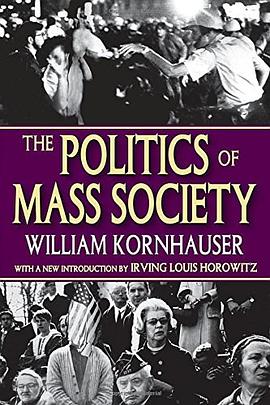

The Politics of Mass Society explores the social conditions necessary for democracy and the vulnerabilities of large scale society to totalitarian systems. Mass movements mobilize people who are alienated from the social system, who do not believe in the legitimacy of the established order, and who are therefore ready to engage in efforts to destroy. Contrary to the psychological approach prevalent in European doctrines of mass movements, Kornhauser persuasively argues that social order is the critical factor. The greatest number of people available to mass movements are located in those segments of society that have the fewest ties to social order. The book draws on a wide range of materials-from classical political theory contemporary sociological analysis, historical and intuitional studies, public opinion surveys, and other published and unpublished data. Kornhauser selected political phenomena in organizations, communities, classes, and whole societies. He examined support for communism and fascism in a variety of countries in relation to rates of urbanization and industrialization, employment, and suicide and homicide among other phenomena. In his new introduction, Irving Louis Horowitz identifies Kornhauser's book as a seminal work of the great tradition in political sociology in the mid-twentieth century. Kornhauser points out that modern democratic systems possess a distinct vulnerability to mass movements. He spells out and identifies factors that tend to increase or decrease this vulnerability-not least the health and strength of elites. In this way, the book reveals new clues to the origins and nature of mass political movements. The Politics of Mass Society remains the most complete analytical account of the sociological approach to mass society in advanced industrial societies.
具體描述
讀後感
評分
評分
評分
評分
用戶評價
從智識到方法到寫作體例都很正統。韋伯式理想型和概念先行,大眾社會被定義為精英和平民直接暴露在相互壓力之下、精英經受民粹壓力而民眾極容易被煽動的社會,與極權社會不同的是極權社會精英已經固化、遠離民眾壓力,大眾社會下則處在精英煽動大眾、大眾反製精英的動蕩不安中,如德國納粹和蘇聯布爾什維剋初期的社會。産生大眾社會的原因包括政治轉型中傳統政治權威斷裂、社群秩序被城市化和工業化進程打斷、戰爭和經濟危機擾亂社會秩序等因素催生大批無社會紐帶而又精神焦慮的原子化個人;缺少自我組織自我管理和多元的社會組織緩衝精英與大眾、國傢與個人的關係;精英缺乏製衡等——很直白地以多元民主作為最理想政體。論述與亨廷頓的普裏奪社會相似,也為亨氏所引用,但此書更關注西方社會,且注意瞭社會疏離、大眾文化和心理的作用。
评分從智識到方法到寫作體例都很正統。韋伯式理想型和概念先行,大眾社會被定義為精英和平民直接暴露在相互壓力之下、精英經受民粹壓力而民眾極容易被煽動的社會,與極權社會不同的是極權社會精英已經固化、遠離民眾壓力,大眾社會下則處在精英煽動大眾、大眾反製精英的動蕩不安中,如德國納粹和蘇聯布爾什維剋初期的社會。産生大眾社會的原因包括政治轉型中傳統政治權威斷裂、社群秩序被城市化和工業化進程打斷、戰爭和經濟危機擾亂社會秩序等因素催生大批無社會紐帶而又精神焦慮的原子化個人;缺少自我組織自我管理和多元的社會組織緩衝精英與大眾、國傢與個人的關係;精英缺乏製衡等——很直白地以多元民主作為最理想政體。論述與亨廷頓的普裏奪社會相似,也為亨氏所引用,但此書更關注西方社會,且注意瞭社會疏離、大眾文化和心理的作用。
评分從智識到方法到寫作體例都很正統。韋伯式理想型和概念先行,大眾社會被定義為精英和平民直接暴露在相互壓力之下、精英經受民粹壓力而民眾極容易被煽動的社會,與極權社會不同的是極權社會精英已經固化、遠離民眾壓力,大眾社會下則處在精英煽動大眾、大眾反製精英的動蕩不安中,如德國納粹和蘇聯布爾什維剋初期的社會。産生大眾社會的原因包括政治轉型中傳統政治權威斷裂、社群秩序被城市化和工業化進程打斷、戰爭和經濟危機擾亂社會秩序等因素催生大批無社會紐帶而又精神焦慮的原子化個人;缺少自我組織自我管理和多元的社會組織緩衝精英與大眾、國傢與個人的關係;精英缺乏製衡等——很直白地以多元民主作為最理想政體。論述與亨廷頓的普裏奪社會相似,也為亨氏所引用,但此書更關注西方社會,且注意瞭社會疏離、大眾文化和心理的作用。
评分文筆極好,結構清晰,分析有力;在那個時代獲得至高的地位,不是偶然
评分從智識到方法到寫作體例都很正統。韋伯式理想型和概念先行,大眾社會被定義為精英和平民直接暴露在相互壓力之下、精英經受民粹壓力而民眾極容易被煽動的社會,與極權社會不同的是極權社會精英已經固化、遠離民眾壓力,大眾社會下則處在精英煽動大眾、大眾反製精英的動蕩不安中,如德國納粹和蘇聯布爾什維剋初期的社會。産生大眾社會的原因包括政治轉型中傳統政治權威斷裂、社群秩序被城市化和工業化進程打斷、戰爭和經濟危機擾亂社會秩序等因素催生大批無社會紐帶而又精神焦慮的原子化個人;缺少自我組織自我管理和多元的社會組織緩衝精英與大眾、國傢與個人的關係;精英缺乏製衡等——很直白地以多元民主作為最理想政體。論述與亨廷頓的普裏奪社會相似,也為亨氏所引用,但此書更關注西方社會,且注意瞭社會疏離、大眾文化和心理的作用。
相關圖書
本站所有內容均為互聯網搜索引擎提供的公開搜索信息,本站不存儲任何數據與內容,任何內容與數據均與本站無關,如有需要請聯繫相關搜索引擎包括但不限於百度,google,bing,sogou 等
© 2025 qciss.net All Rights Reserved. 小哈圖書下載中心 版权所有

